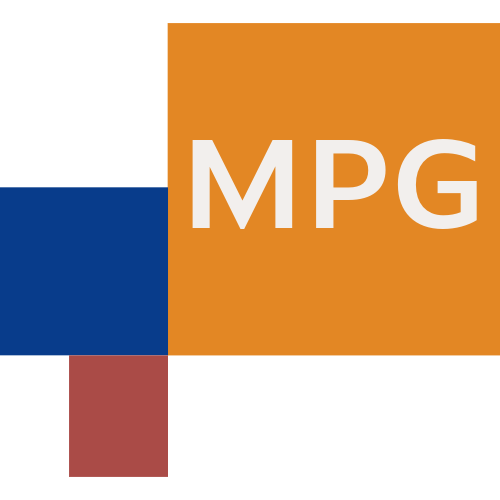menu
menu
Menu
cancel
- arrow_back_iosBacknavigate_nextpersonPersonal
- groupCommunities
- articleBlogs
- eventEvents
- sourceTemplates
- question_answerQuestions
- schoolLearning
- business_centerBusiness
- live_helpFAQ
3. **What are the potential consequences for an organization that fails to implement a robust compliance program, and how can it mitigate risks associated with non-compliance?
How can an organization effectively identify and prioritize its stakeholders to ensure successful project outcomes?
What strategies can be employed to maintain continuous communication and build trust with stakeholders throughout the lifecycle of a project?
How should conflicts among stakeholders be managed to mitigate risks and maintain project alignment with its objectives?
**What are the primary ethical standards and regulations that govern the use of emerging technologies, such as artificial intelligence and biotechnology, and how do these standards protect public i...
2. **How do ethical standards and regulations vary across different industries (e.g., healthcare, finance, technology), and what are the common challenges organizations face in adhering to these s...
3. **In what ways can organizations ensure compliance with ethical standards and regulations while fostering innovation and competitive advantage in a rapidly changing global market?
How can leaders effectively balance organizational goals with ethical considerations, ensuring that they do not sacrifice ethical standards for the sake of achieving business objectives?
In what ways can an ethical leader foster a culture of transparency and integrity within their organization, and how can they encourage employees at all levels to adhere to these values?
What are some of the common challenges ethical leaders face in maintaining ethical standards, and how can they successfully overcome these challenges while leading by example?
